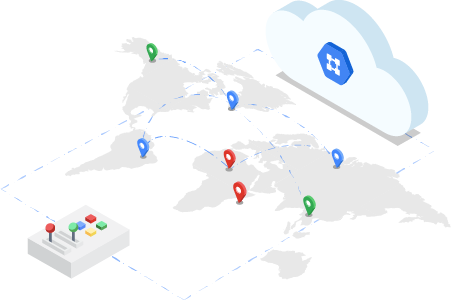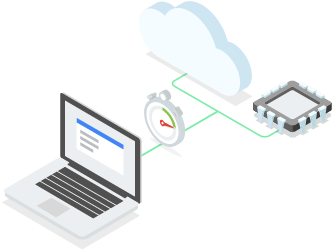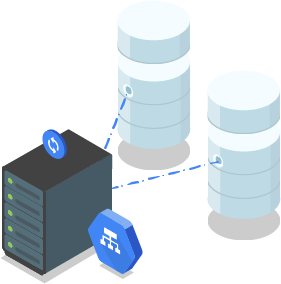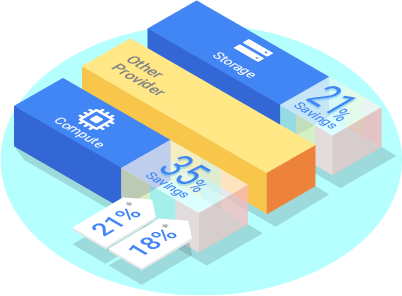Overview

Comments Are Free and Facts are Sacred. When Charles Prestwich Scott (The Guardian newspaper) first came up with these words he was referring to the role of the newspaper and the value of comments and facts within news reports.
Not much has changed since then, the value of data both within & external to your organization, has a bearing on your company to make effective use of that information.
If you are a data professional, you already know about the value of comments and facts when it comes to implementing a data warehouse.
You also know that current data platform architectures, formats and methodologies were designed in the 1990s & are struggling to address today’s business problems and explosive data growth.
Today’s EDW solutions must act as a global repository of information, provide the agility to scale up or down with demand, and seamlessly integrate with other analytics and operational functions.
Traditional on-premises EDW is simply not agile or scalable enough to keep up with the ever changing demands of today’s next-generation data warehouse (DW), Data Analytics and Database management requirements. For IT agility and effective global consolidation of data sources, organizations must look towards the cloud.
Eliminate the need to project, procure, deploy, and maintain excess capacity to handle spikes, seasonal requirements, and growth. Cloud-first strategies for analytics, DW, and BI are becoming prevalent. Scale up immediately without facing capital infrastructure constraints.
Our Cloud solutions are completely serverless, self-scaling, self-maintaining, and self-tuning. There are no nodes to plan, configure, or scale. The complexity of sizing, managing, and maintaining the physical infrastructure is handled behind the scenes by Google, removing the burden from the organization.
By leveraging Google cloud-based approach, the time and cost traditionally dedicated to protecting data and guaranteeing up-time is nearly eliminated. With Google handling scalability, replication, protection, and recovery, organizations can focus more on gaining valuable insights, as opposed to infrastructure management.
Economic Value Overview
-
Elimination of Upfront Investment and Planning Deployment Size
Migrating from an on-premise EDW to any cloud-based EDW solution eliminates the need to make a large upfront investment in a physical infrastructure and helps to avoid over provisioning physical compute and storage hardware for growth and spikes in demand.
-
Reduction in Operational Expense
Eliminate the need to manage and maintain hardware on-premises brings about substantial operational savings for the organizations that migrate to cloud-based services with improved Business Agility and reduction in the Cost of Daily EDW Administration.
-
Improved business agility
Queries can be completed sooner, informed decisions can be made faster, and resources to satisfy time-sensitive business opportunities are available at all times. Resources do not have to be allocated or expanded to meet the needs of new opportunities.
-
Simplified legacy EDW-related tasks
Save time by eliminating backups and system maintenance tasks, simplifying processes such as on-boarding, managing workload priorities, and maintaining partitions.
-
Simplified access control and security
Simplified project management and access control via the flexibility to quickly manage access to resources by functional role, organization, data life-cycle stage, or project.








